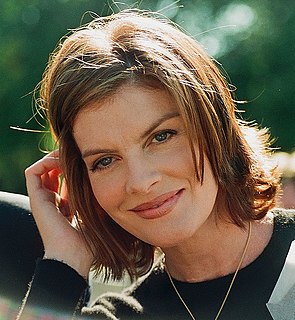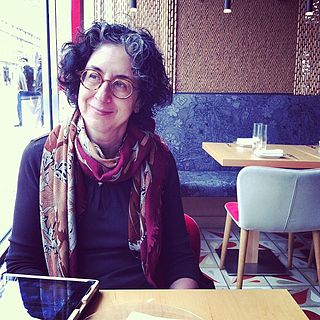A Quote by Terry Pratchett
I'm a fantasy writer, called a fantasy writer. But there's very little, apart from one or two basic concepts in 'I Shall Wear Midnight,' which are in fact fantasy. You have sticks that fly, but they're practical broomsticks, with a bloody great strap that you can hold on to so you don't fall off. And you try not to use them too often.
Related Quotes
I really wish that peoplewould just say, 'Yes, it's a comic. Yes, this is fantasy. Yes, this is Science Fiction,' and defend the genre instead of saying, 'Horror is a bit passe so this is Dark Fantasy,' and that' s playing someone else's game. So that's why I say I'm a fantasy writer and to hell with 'It doesn't read like what I think of as a fantasy'. In that case what you think of as a fantasy is not a fantasy. Or there is more to it than you think.
It is in the capacity to love, that is to SEE, that the liberation of the soul from fantasy consists. The freedom which is a proper human goal is the freedom from fantasy, that is the realism of compassion. What I have called fantasy, the proliferation of blinding self-centered aims and images, is itself a powerful system of energy, and most of what is often called 'will' or 'willing' belongs to this system. What counteracts the system is attention to reality inspired by, consisting of, love.
Current cant equates fantasy with escapism, and current fashion would have it that fantasy is both easy to read and to write. It isn't. When it is done honestly, by a skillful writer, fantasy takes us far enough beyond our daily perceptions to open us to the essential realities beneath it. This is the true goal of all art.
I came to fantasy fairly late. For some ten years, I had been happily writing fiction and non-fiction for adults. But I always loved fantasy, whether for adults or young people; and at that particular point in my life, I wanted to try it, to understand it, as part of the process of learning to be a writer. The results were beyond anything I could have foreseen. As I've said often and elsewhere, it was the most creative and liberating experience of my life.
If you are going to write, say, fantasy - stop reading fantasy. You've already read too much. Read other things; read westerns, read history, read anything that seems interesting, because if you only read fantasy and then you start to write fantasy, all you're going to do is recycle the same old stuff and move it around a bit.

































